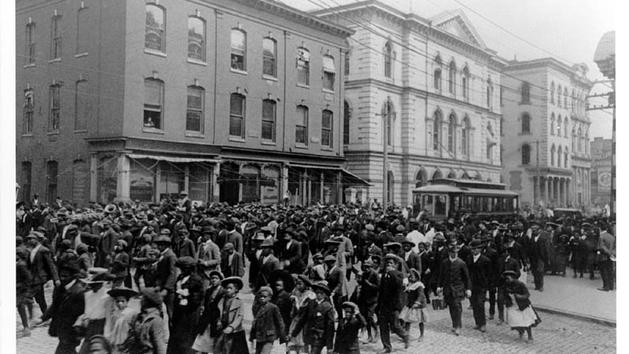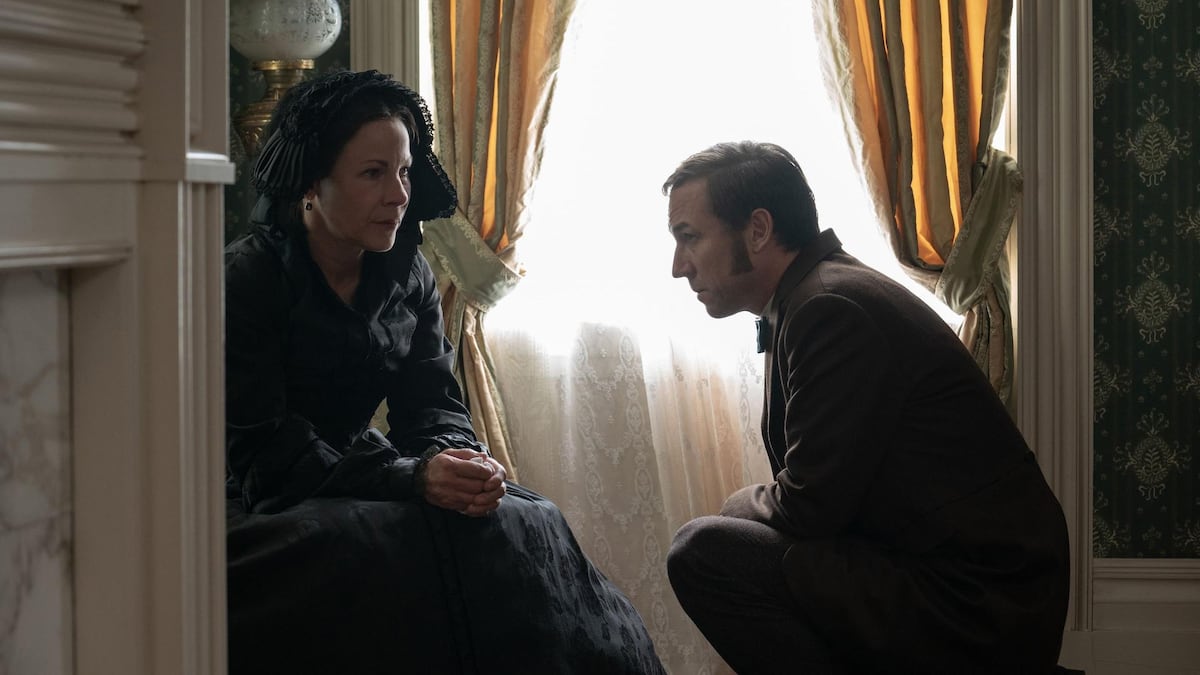155 years ago slavery really ended in the United States. On June 19, 1865, the slaves of Galveston, Texas, learned that they were now free. Since then, this day has been called " Juneteenth ", a contraction of June and 19 in English. It is also called " Jubilee Day " or " Freedom Day ". This year, the “Black Lives matter” movement gives this celebration a special meaning.
Read also: Wilfred Reilly: "Slavery does not define the whole of American history"
President Abraham Lincoln had actually freed slaves from their bondage two and a half years earlier, with the Emancipation Proclamation on September 22, 1862 (effective January 1, 1863). On December 18, 1865, the Thirteenth Amendment to the Constitution of the United States was ratified, abolishing slavery throughout the country. But it was really on June 19 that everywhere, slavery ended.
Even though General Lee signed the surrender on April 9, 1865, the Trans-Mississippi army and other rebels continued to fight, while many landowners refused to release their slaves.
The people of Texas are informed that, in accordance with the United States Executive Proclamation, all slaves are free
General Granger's Order Number 3This was the case in Texas, where in Galveston, it was not until the arrival of Union troops, commanded by General Gordon Granger, that the 250,000 slaves learned of their release. " The people of Texas are informed that, in accordance with the United States Executive Proclamation, all slaves are free ," said an order from General Granger. This includes absolute equality of individual rights and property rights between the former masters and slaves ”.
Read also: The legacy of the Confederates haunts Richmond
The effective release of the slaves was not immediate. As the American historian Henry Louis Gates indicates in an article. " On the plantations, the masters had to decide when and how to spread the news - or wait for a government official to arrive - and it was not uncommon for them to delay the harvest," he writes. Even in the town of Galveston, the former Confederate mayor flouted the military by forcing those released to return to work . ”
The end of slavery did not bring with it the end of oppression against the African-American populations. From 1890 to 1908, Texas and all of the old Confederate States adopted Jim Crow laws, new constitutions or amendments, which deprive blacks of their rights. It was not until the Civil Rights Act of 1964 and the Voting Rights Act of 1965 that all Jim Crow laws were repealed.
"Juneteenth", Emancipation Day in Austin (Texas) in 1900. Mrs. Charles Stephenson (Grace Murray)
Donald Trump waives meeting the same day
The " Juneteenth " is a holiday in Texas, New York and Virginia, where the capital of the Confederation was located, and is commemorated throughout the country. According to the Juneteenth.com website, the first commemorations of emancipation took place in Galveston, in the south-east of the state, in the years following the American Civil War. In 1872, land purchased in Houston was named Emancipation Park to celebrate " Juneteenth ".
The commemorations fell into oblivion at the start of the 20th century, before resurfacing after the civil rights movement of black Americans in the 1950s and 1960s.
This year, the commemoration comes in the midst of a protest against racism and police violence that followed the death of George Floyd, a 46-year-old African American, when he was arrested by a white police officer on May 25 in Minneapolis. Several large American companies, such as Nike or Twitter, have since announced that June 19 would be a day off for their employees.
President Donald Trump had planned to hold a large campaign rally that day in Tulsa, Oklahoma, before postponing it to the next day in the face of a torrent of criticism. The city remains marked by the memory of the largest massacre of African-Americans in 1921. The Republican president justified the postponement by saying that " many (his) friends and African-American supporters " had suggested that he change the date " Out of respect for this day of commemoration ".















